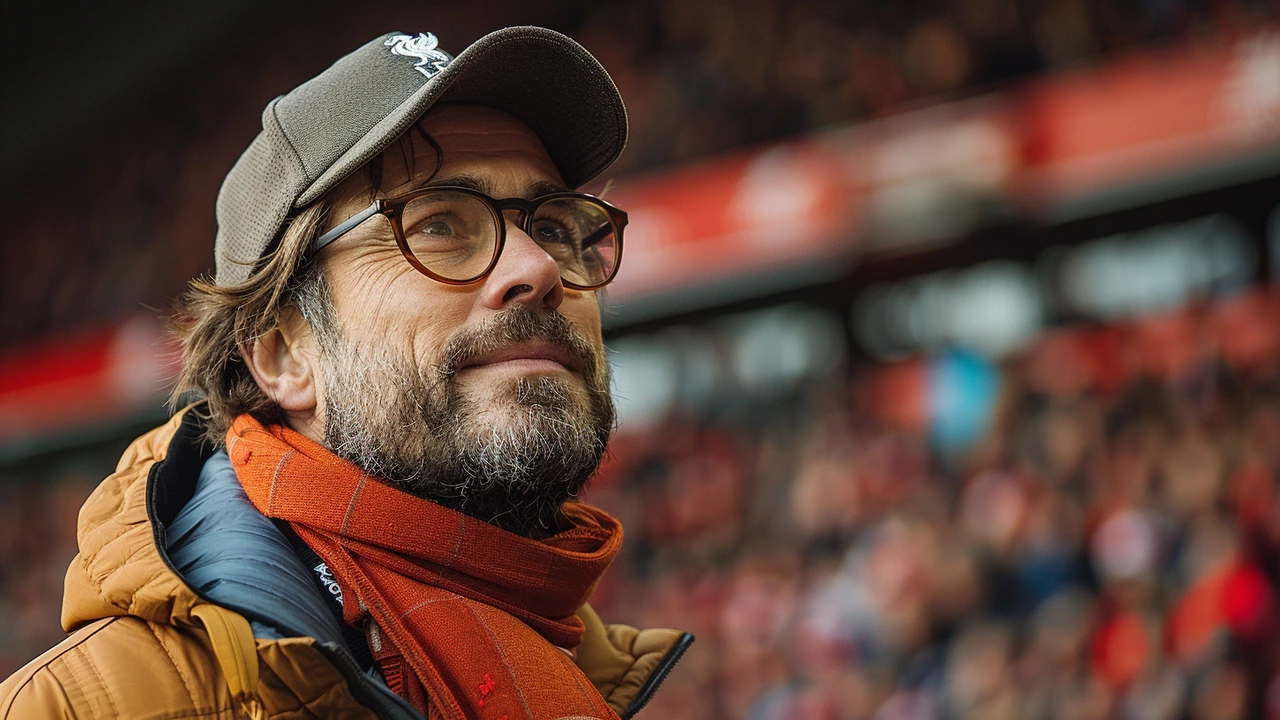Manager Farewell: How to Handle a Coach’s Exit in Sports
When a head coach or manager walks out the door, the whole squad feels the shift. Fans start guessing, players wonder about new tactics, and the locker room can turn tense in a heartbeat. That’s why a proper farewell plan is more than a polite handshake – it’s a chance to protect the team’s chemistry and keep the season on track. In this guide we’ll break down what a manager farewell really looks like, the emotions involved, and the steps you can take right now to turn a potentially chaotic moment into a stepping stone for success.
Why a manager’s goodbye matters
First off, a manager often sets the tone for training, game plans and even the everyday vibe in the locker room. When that voice disappears, players lose a reference point for decisions on the pitch. It also sends a signal to opponents: a new coach could bring fresh ideas, or the team could be in disarray. Both scenarios affect morale and performance. Recognizing the impact early helps club officials, assistants and senior players act fast, fill the vacuum and reassure everyone that the core values stay intact.
The next step is communication. Fans deserve a clear, honest announcement rather than a vague “coach is leaving” tweet. A well‑crafted statement explains why the manager is moving on – retirement, a new job, health reasons – and thanks them for achievements. Players benefit from a quick team‑meeting where the outgoing coach can share final thoughts, highlight key moments and answer lingering questions. This open dialogue eases uncertainty and gives the squad a chance to celebrate the work that got them where they are today.
Practical steps for a smooth transition
Start by naming an interim leader. It can be the assistant manager, a senior player‑coach, or a respected veteran who already knows the routine. This person keeps training sessions on schedule, maintains the tactical language and serves as the go‑to for doubts. While the interim holds the fort, the front office should begin scouting permanent candidates. Look for someone whose philosophy matches the club’s identity, not just a big name. Involve senior players in the interview process – their buy‑in makes the eventual hand‑over way less rocky.
Finally, honor the departing manager properly. A short video montage, a locker‑room ceremony or a fan‑organized tribute shows respect and gives closure to everyone. When the new manager arrives, schedule an informal meet‑and‑greet with the squad and staff before the first training. That quick personal connection helps the team adjust faster and signals that, even though leadership changed, the club’s mission stays the same.
After the first few weeks, monitor the team’s performance and mood closely. Look for signs like slipping confidence, dropped training intensity or cliques forming around the old system. Use regular one‑on‑one chats to catch issues early and adjust tactics if needed. Encouraging players to voice ideas about the new style creates ownership and speeds up the learning curve. Remember, a manager farewell is just one chapter – the story continues, and with the right approach the squad can come out stronger than before.
